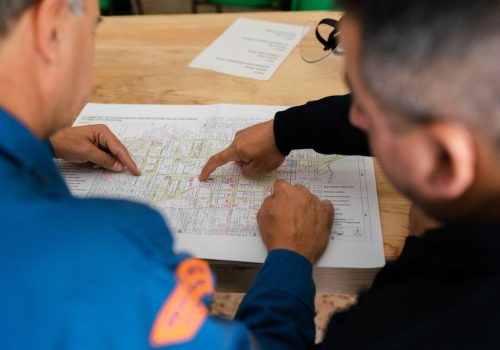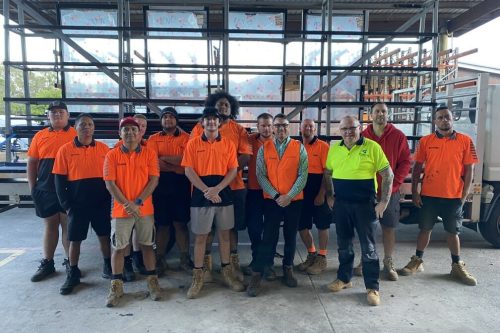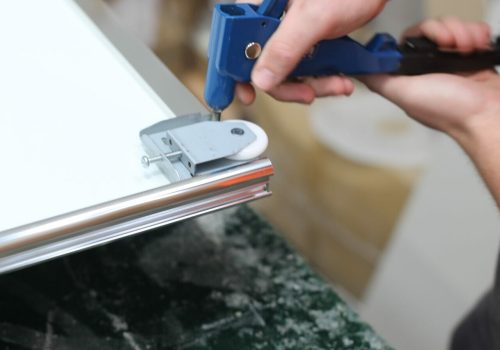
Gimbal Training
Get qualified, get ahead
In a booming trade industry, it’s important to have an edge over the competition. Get qualified and get ahead of the curve with Gimbal Training.
At Gimbal Training, our Registered Training Organisations (RTOs) have been delivering training and assessments since 2006.
Gimbal Group offers trade recognition in Australia, helping individuals assess and certify their skills. We also provide comprehensive apprenticeship training to equip you with practical knowledge and hands-on experience, empowering you to advance your career and achieve your professional goals.
With services available throughout Australia under Gimbal Construction (RTO ID 32201) and Gimbal Engineering (RTO ID 31820), we’ve got you covered!
RPL, Skills Assessments & Apprenticeship Pathways
Gimbal Training provide professional services that include:
RPL highly benefits those with experience in their relevant field but need professional qualifications to uphold their skills.
Getting an RPL in Australia with Gimbal Training is an easy process! It involves collecting and organising evidence and previous documents proving your trade experience.
When paired with training to fill in the gaps in your knowledge, if required, you should receive your RPL in about three to six months.
A skill assessment is a formal evaluation process conducted by an RTO to determine if an individual’s qualifications, work experience, and skills are equivalent to the standards required for a specific occupation in Australia. They can be a part of the RPL process.
Skill assessments are also essential for individuals considering migration to Australia, particularly those applying under the General Skilled Migration (GSM) program or Employer Sponsored visas.
Apprenticeships combine on-the-job training with classroom instruction, providing a well-rounded education covering practical skills and theoretical knowledge.
This structured approach ensures that apprentices develop a comprehensive understanding of their trade. In addition, through apprenticeships, trade professionals gain hands-on experience working under the supervision of skilled and experienced tradespeople.
This practical experience allows them to hone their skills, become proficient in various techniques, and develop expertise in their chosen trade.
Trade licensing is a fairly established way to regulate good standards within any industry. By proving you have the relevant skill in your field with a licence, you can give clients and employers peace of mind with a concrete way to establish your professionalism. With a governing body that holds you accountable for your work, you will ensure that every project is completed safely and diligently.
A licence will also help you advance your career by giving you an edge over unprofessional contractors offering cheaper rates. By allowing Gimbal Training to assist you with your licence, you can ensure that you can charge the required rate, thanks to your qualifications.
Trade licences do differ from state to state, so do the necessary research before committing to an application or apprenticeship.
How RPL Is Assessed
Skilled migration in Australia allows you to have your qualifications and work experience recognised, enabling you to work in your field. By obtaining a nationally recognised certificate, you can validate your expertise and enhance your chances of securing a relevant job. Our skills assessment services, help you take a crucial step toward advancing your career in Australia.
With our simple six-step process, you’ll have your formal qualification in a short period of time.

Step 1: Enquiry
Gimbal Group offers comprehensive Engineers Australia skill assessments to help you take the next step in your professional journey. Our experienced team is here to guide you through the process, ensuring all requirements are met and your application is as strong as possible. Speak to one of our friendly team members today to get started on your consultation and begin your path to success.

Step 2: Pre-enrolment
In this step, we ensure you are eligible for an RPL by asking you the necessary questions and giving you login details for our online platform. Collect and organise your experience for your assessor with a combination of workplace documents, interviews, videos and reports from previous employers.
The assessor will then make contact to discuss your application, explain the process and let you know what further evidence is required including workplace documents, references and videos

Step 3: Enrolment
In this step you complete an online knowledge test, provide any additional video evidence and complete an interview with the Assessor on the technical aspects of your qualification

Step 4: Gap Training
After an assessment, your assessor may decide you need further training to address the gaps in your knowledge or practical skills and will advise you how to proceed.

Step 5: Assessment Outcome
The assessor creates a report with a recommendation based on the evidence you have provided, outcome of written test and interviews. This is submitted to the Compliance department for approval.

Step 6: Final Approval
You are issued your nationally recognised qualification and provided with the necessary documents.
Browse Our Courses

MEM40119 – Certificate IV in Engineering










